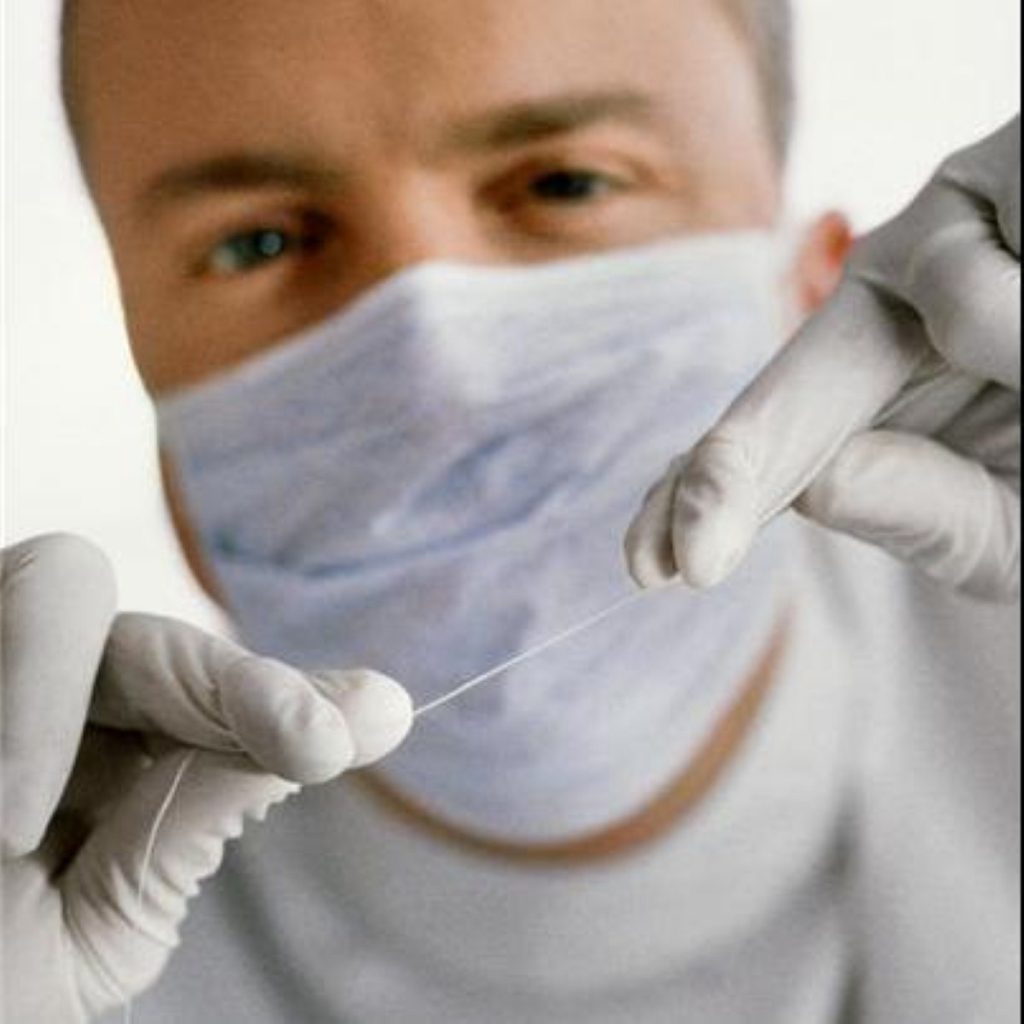NHS dentistry check-up: ‘Many patients let down’
Many patients are being forced to go private or even treat themselves, according to a new survey of dentistry in England.
Following the introduction of new dental contracts for NHS dentists in April 2006, the Dentistry Watch study from the Commission for Patient and Public Involvement in Health (CPPIH), polled 5,212 patients and 750 dentists to uncover the state of English dentistry.
The survey finds almost 20 per cent of NHS patients have gone without treatment because of the cost and six per cent have treated themselves – including one Lancastrian claiming “14 teeth have had to be removed by myself using pliers”.
Of the dentists quizzed 45 per cent are not accepting any more NHS patients and 58 per cent believe quality of care has worsened since the new dental contracts.


Some 84 per cent of dentists said new dental contracts had failed in making it easier for patients to get an NHS dental appointment.
“These findings indicate that the NHS dental system is letting many patients down very badly. It appears many are being forced to go private because they don’t want to lose their current trusted and respected dentist or because they just can’t find a local NHS dentist,” said Sharon Grant, chair of the CPPIH.
“This is an uncomfortable read for all of us, and poses serious questions to politicians from patients.
“At the moment there is a massive gap between what’s on the NHS dentistry tin and what’s in it.”
She added: “There are real policy issues here that have been fudged for too long. Is NHS dentistry just for those who can’t afford anything else – or can it revert to a universal, affordable, service to which people have entitlement as citizens and tax-payers?”
Health minister Ben Bradshaw, speaking on BBC Radio 4’s Today programme, defended NHS dentistry.
“We do entirely accept that there are still some people in some parts of the country who are having difficulty accessing NHS dentists. There are now 4,000 more than there were in 1997 and we’re moving in the right direction, but there are still problems and I’m very sorry about that,” he said.
“I think it’s understandable when you’ve had the biggest shake-up in dental services since 1948 that some dentists are feeling unsettled by it. One of the main reasons . . . is we’ve taken some powers away from dentists to give to local health services to order, to commission as we call it, services.”
Mr Bradshaw went on to advise people needing emergency dental treatment to go to their GPs.
“Last year we introduced for the first time a duty on local health services, on the primary care trusts, to provide urgent dental treatment for those who need it,” the minister said.
“There’s absolutely no reason why that should be happening. If it is, if people are in pain or need urgent treatment they should go either to their GP or to the primary care trust and demand what is now their right.”
Susie Sanderson, British Dental Association executive board chair, said the study underlined “the significant problems caused to both dentists and patients by the new dental contract”.
“The picture it paints, of patients unable to access care, dentists struggling with the target-driven system and anxieties about the new charging system, is an all-too-familiar one,” she said.
“The new contract has done nothing to improve access for patients and failed to allow dentists to deliver the kind of modern, preventive treatment they want to give.”
Conservative shadow health minister, Mike Penning, said: “This is yet more evidence of the crisis this government has created in NHS dentistry. How can we have third world dentistry with over £100 billion going into the NHS?
“It is shocking that patients are being forced to resort to Victorian practices like pulling out their own teeth.”
Liberal Democrat shadow health secretary, Norman Lamb, accused the government of being “in denial about the crisis” in the dental system.
“Ministers must admit the failings of the contract and admit the case for a thorough and urgent review of the system,” he said.
“If ministers continue with this complacent attitude, there is a serious danger that NHS dentistry will become a thing of the past.”









